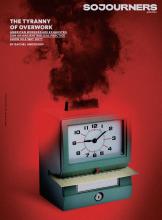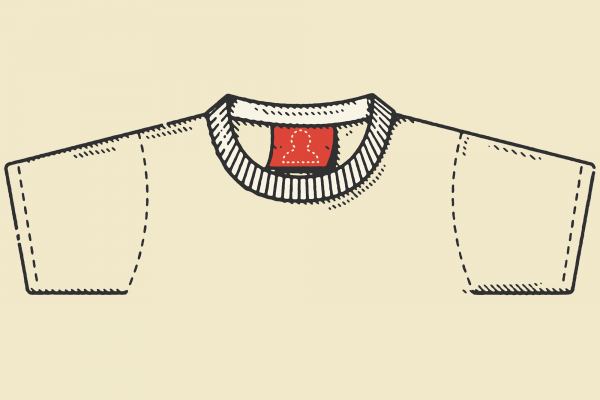OUR CLOTHES BEAR more than our personal style. Stitched into favorite garments is the suffering of those who made them.
From Bangladesh to Vietnam, millions of garment workers are exploited to feed the burgeoning demand for ready-made wardrobes. These workers endure unsafe working conditions and workplace abuse to meet the mounting quotas imposed by hungry clothing brands—all while being paid pennies per hour.
Garment workers’ labor conditions seized the attention of international media in 2013 when the Rana Plaza factory collapsed in Dhaka, Bangladesh, killing more than 1,100 people. This disaster accelerated the work of human rights organizations such as the Worker Rights Consortium, the Maquila Solidarity Network, and the Clean Clothes Campaign that were already collaborating withcorporations to implement safety protocols in the supply chains. This collaboration birthed the Accord on Fire and Building Safety in Bangladesh (the “Bangladesh Accord”), which was the first international agreement to include global brands, retailers, and trade unions in a legally binding framework.
Read the Full Article

